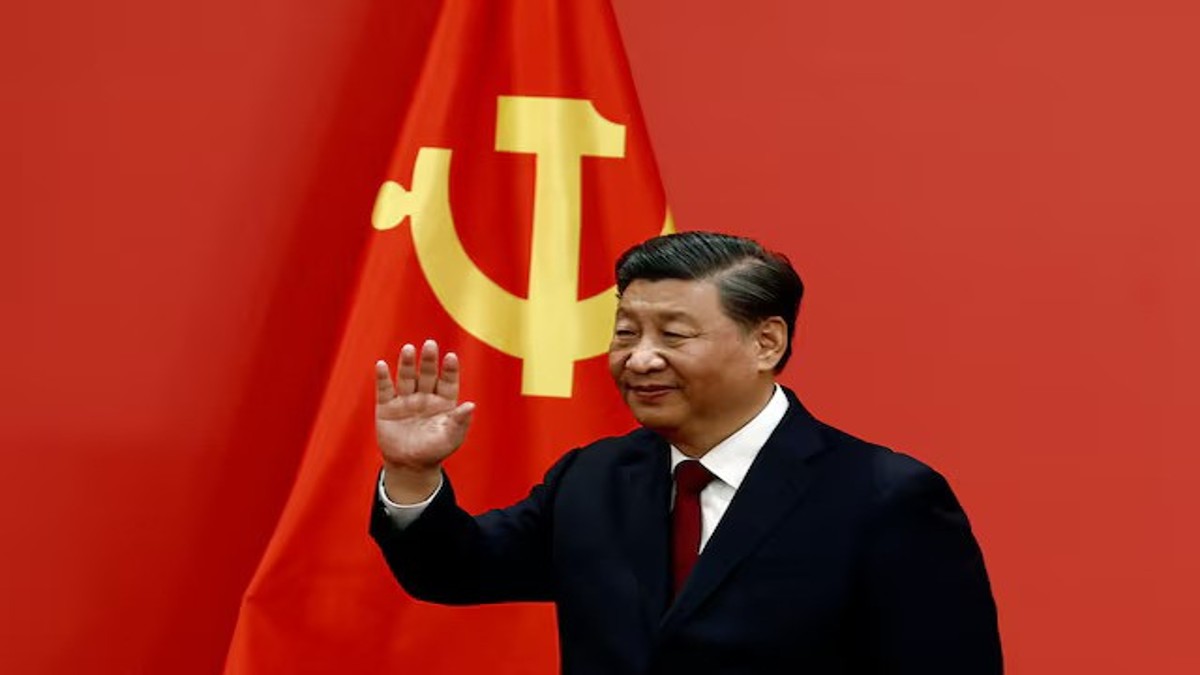China is preparing to host high-level talks with Russia and Iran on Friday (March 14), reinforcing its role as a diplomatic mediator in the ongoing standoff over Tehran’s nuclear program.
The meeting in Beijing comes amid renewed tensions, as Iran’s Supreme Leader, Ayatollah Ali Khamenei, has rejected an offer from former US President Donald Trump for fresh negotiations, calling it a “deception”.
China’s Vice-Foreign Minister Ma Zhaoxu will chair the talks, which will be attended by Russian Deputy Foreign Minister Ryabkov Sergey Alexeevich and Iranian Deputy Foreign Minister Kazem Gharibabadi, according to a report in China Daily.
The discussions are expected to focus on the future of the Joint Comprehensive Plan of Action (JCPOA), the 2015 nuclear agreement that the US unilaterally abandoned in 2018 under Trump’s administration.
Since then, tensions have escalated, with Washington reimposing crippling sanctions on Tehran, prompting Iran to gradually roll back its commitments under the deal.
China’s ambitions as mediator
The upcoming talks in Beijing point to China’s ambition to have a role as a key diplomatic player in West Asian affairs. China’s Foreign Ministry spokeswoman Mao Ning has stated that the three countries will discuss the Iranian nuclear issue, sanctions relief, and broader international cooperation.
Analysts say the choice of Beijing as the venue signals Iran’s and Russia’s growing reliance on China as a diplomatic counterweight to US pressure.
Wu Bingbing, director of the Center for Middle Eastern Studies at Peking University, said that “China could also stress the importance of safeguarding the international nuclear nonproliferation regime and stability” in West Asia.
Iranian officials have also suggested that discussions will extend beyond nuclear policy to economic cooperation, regional security, and multilateral initiatives within BRICS and the Shanghai Cooperation Organization (SCO)— two platforms where China, Russia, and Iran have strengthened ties in recent years.
Impact Shorts
More ShortsIran dismisses Trump’s call for talks
The Beijing talks come just days after Iran rejected a fresh US proposal for negotiations on its nuclear program. Last week, Trump confirmed he had sent a letter to Khamenei through the United Arab Emirates (UAE), urging Tehran to return to the negotiating table while warning that Iran had two choices: “militarily, or you make a deal.”
However, Khamenei publicly dismissed the offer, calling it a ploy. “When we know they won’t honour it, what’s the point of negotiating?” he told a group of university students, according to Iranian state media. “The invitation to negotiate… is a deception of public opinion .”
Khamenei argued that Washington’s past actions— particularly Trump’s withdrawal from the JCPOA and the subsequent sanctions— have shown that the US cannot be trusted. He warned that new negotiations under American pressure would only “tighten the knot of sanctions” and further hurt Iran’s economy.
The letter was reportedly handed over to Iranian Foreign Minister Abbas Araqchi by Anwar Gargash, a senior UAE diplomat, during a meeting in Abu Dhabi last week. While the UAE has close security ties with Washington, it has also maintained strong trade relations with Tehran, positioning itself as a key intermediary in regional diplomacy.
Beijing talks: A test for multilateral diplomacy
The nuclear talks in Beijing will mark a decade since the JCPOA was signed, and experts say the agreement is at a crossroads. The US continues to push for a stricter nuclear deal, while Iran demands the complete lifting of sanctions before considering any new commitments.
For China, the meeting is a strategic opportunity to showcase its ability to mediate global conflicts, similar to its role in brokering the Saudi-Iran rapprochement last year. Beijing has long criticised US sanctions-driven diplomacy and has actively supported Iran’s integration into global economic and political blocs like BRICS and the SCO.
However, expectations for a breakthrough remain low. The US remains firm on demanding stricter controls over Iran’s uranium enrichment program, while Tehran has repeatedly warned that it will not engage in talks under economic coercion.


)

)
)
)
)
)
)
)
)



